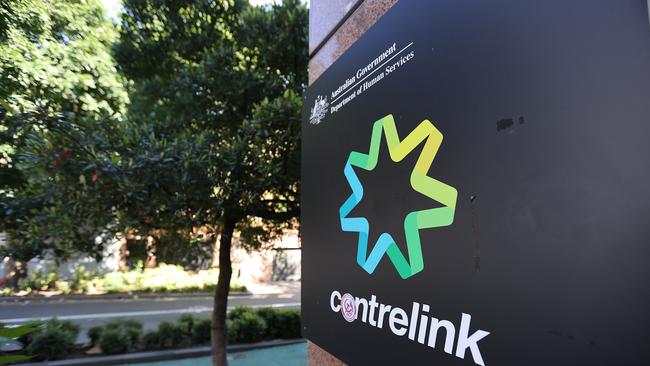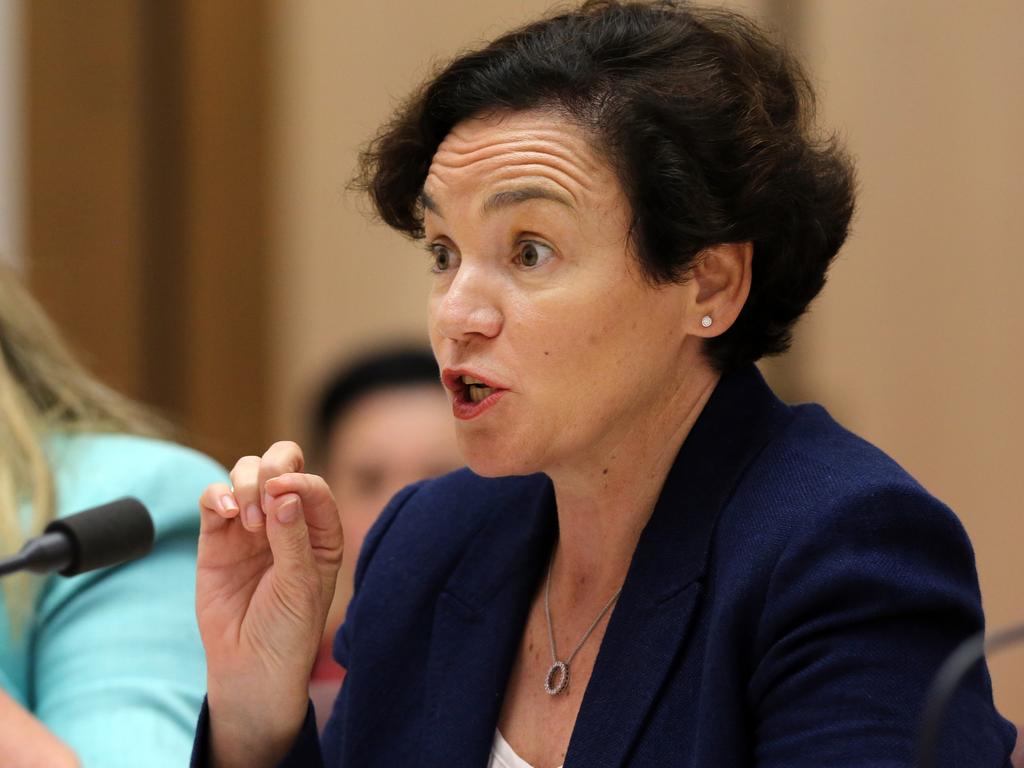Federal government settles Robodebt class action for $1.2b
The federal government has agreed to pay out $112m to 400,000 former welfare recipients after settling a $1.2b Robodebt class action lawsuit.

The federal government has settled the Robodebt class action for more than $1.2 billion, including $112m in compensation.
Once approved by the Federal Court, it is expected to the the largest class action payment in Australia’s history.
Lawyers for the class action argued Centrelink’s use of averaged ATO information to reassess a recipient’s entitlements didn‘t provide a valid basis to allege that the recipient has been overpaid and owes a debt.
In settling the class action, the government has not admitted that it was legally liable to approximately 400,000 group members.
The Robodebt scheme was an automated process that matched Centrelink data and figures from the Australian Taxation Office, and sent automatic debt notices to anyone found to have been overpaid by the welfare agency.
Under the settlement, pending Federal Court approval, the Commonwealth will pay $112 million in compensation to the eligible individual group members, including legal costs.
The Commonwealth will also repay more than $720 million in debts collected from group members invalidly and will continue to provide refunds;
Outstanding claims for approximately $398 million in debts, invalidly asserted against group members, will also be dropped.
A Settlement Distribution Scheme ensure eligible individual entitlements are assessed and all amounts due will be paid in 2021.
The trial in the matter was listed to begin in the Federal Court on Monday but the parties told the court at 1.30pm that the case had been resolved, subject to the court‘s approval.
Justice Bernard Murphy congratulated the legal teams for reaching a settlement and saving the community the time and expense of a trial.
“It‘s large, it’s complex, there were many issues to deal with,” he said.
Opposition government services spokesman Bill Shorten, who instigated the case, labelled it the “biggest class action in Australian legal history” and declared the Morrison government “surrendered”.
“I would like to salute the courage of the seven plaintiffs who have engaged in a David and Goliath struggle against the Morrison government,” Mr Shorten said.
“When faced with having to explain their actions, the commonwealth got out the cheque book and started repaying people money that they were never entitled to. Labor will not stop pushing for a royal commission into Robodebt.
“What this means is that half a million Australians are getting money back, which was rightfully theirs to begin with and it means that other Australians have to pay for the incompetence and the legal costs of the government.
“It shouldn’t take class actions, lawyers and opposition politicians to make the government obey the law. They should do that automatically.”
Mr Shorten reiterated his call for a royal commission into the scandal.
He said there must be consequences for former human services minister Alan Tudge and Government Services Minister Stuart Robert.
As of last month, about 402,000 people have either received a refund or had their debt reduced to zero.
But a senate estimates committee last month heard 28,000 people were still owed a share of $24 million in robodebt refunds, including the deceased estates of 3,300 people.
The committee was told between 38-40,000 people are yet to be contacted.
So far, $697 million of the $721 million the government promised to repay has been shared among those Australians who were issued debt notices for alleged overpayments of welfare, which were later found to be based on flawed calculations.
Government Services Minister Stuart Robert announced the repayment in May this year, after a test case in the Federal Court last year found the practice unlawful.
Gordon Legal partner Andrew Grech, representing the class action members, singled out Bill Shorten in his remarks following the settlement.
“Our clients have asked us to especially thank Bill Shorten for his relentless pursuit of this issue, for his compassion over the last four years for vulnerable Australians hurt by Robodebt and for bringing the case to Gordon Legal’s attention when it seemed that all other options had been exhausted and only resorting to the legal system would help,” he said.






